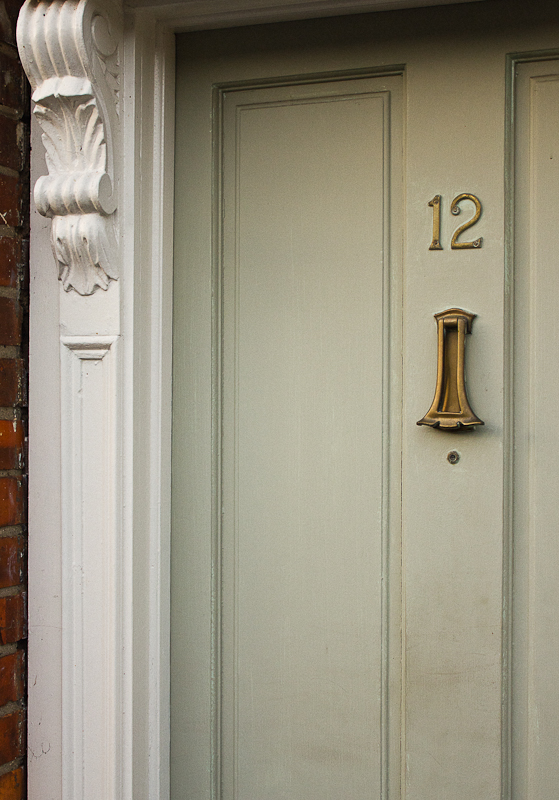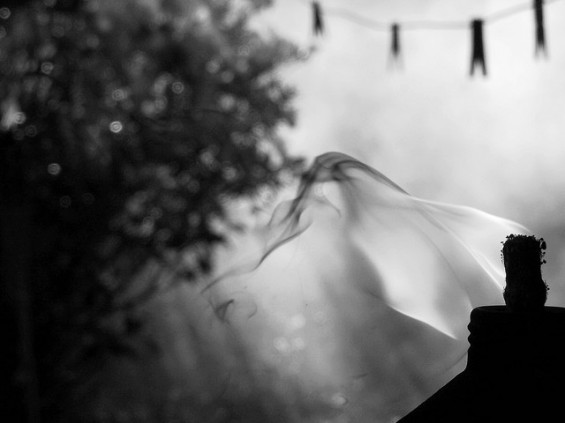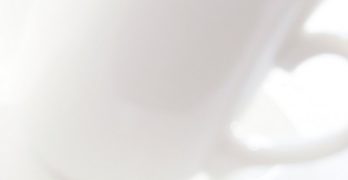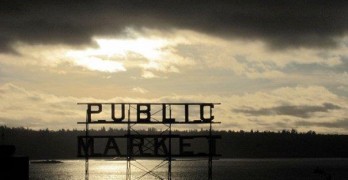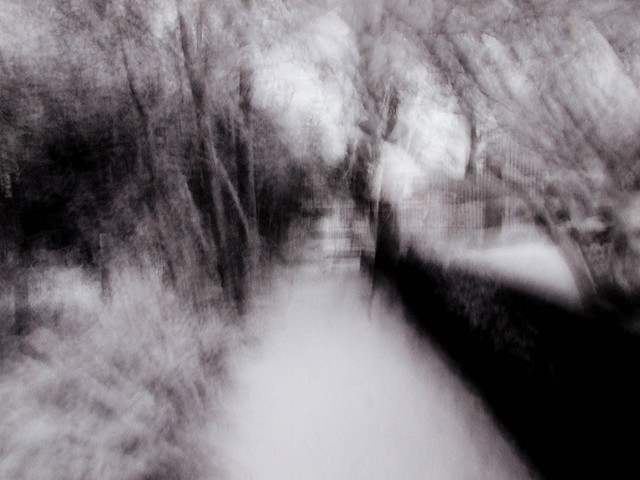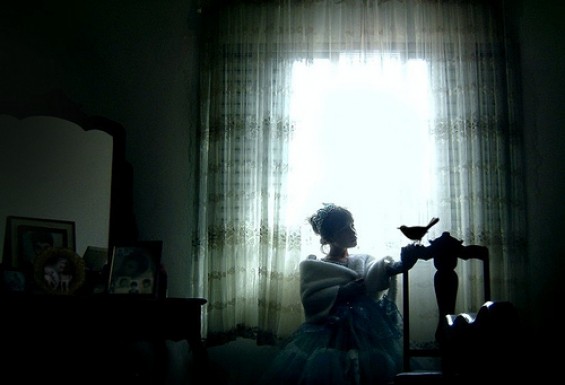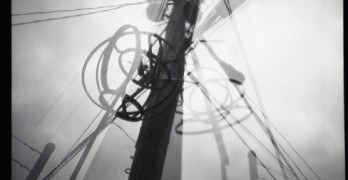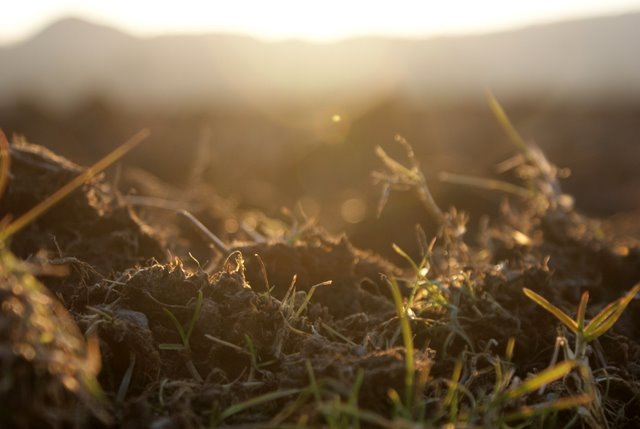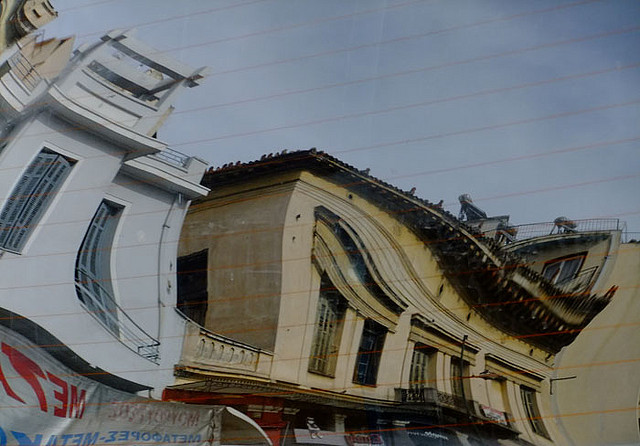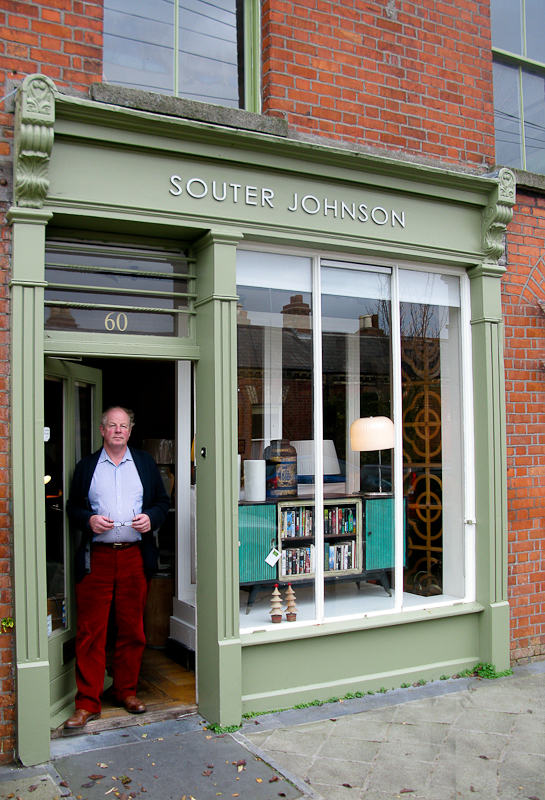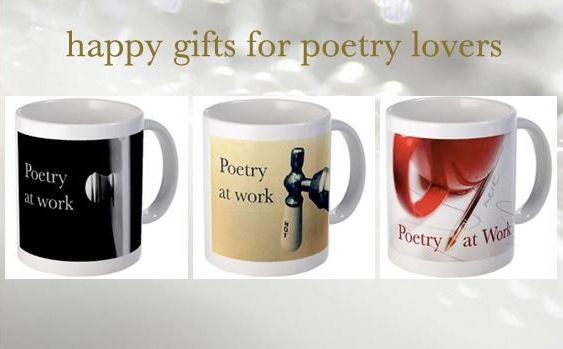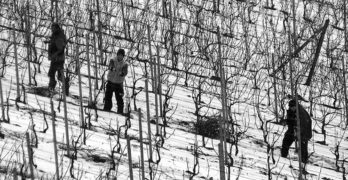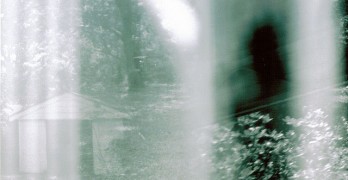Welcome into No 12 Lombard Street West where Paul and Alma live behind their slate grey Dublin door. Listen in as they spin stories with Claire Burge, rich in texture and history.
This Week’s Top Ten Poetic Picks
Should the Founding Fathers be booked for selling their used ones? Are public school students reading too much fiction? Are there too many poets writing too many poems? Which direction should I mow my lawn? Will Willingham has the answers to burning questions–or at least the burning questions–in This Week’s Top Ten Poetic Picks.
WordCandy Sweet Bloggers December Roundup
C’mon in and see what we lassoed up with our red licorice rope. It’s the December WordCandy Sweet Bloggers Roundup!
The Novelist: Fiction with Character(s)
Readers want to know who the various characters in The Novelist represent. LW Lindquist wants to know who the tea basket represents. Join us for week two of our book club discussion.
The Poetry of the Boss
Workplace leadership hasn’t been the subject of much poetry, but a poem about a boss offers the possibility of understanding and possibly forgiveness. Glynn Young asks you to consider the boss through a poetic lens to explain, celebrate, understand, or even forgive.
This Week’s Top Ten Poetic Picks
Cowboy Christmas poetry, book sculptures from a mystery artists, why business leaders need to pay poetry its due. Seth Haines has this week’s Top Ten Poetic Picks.
Finding God with Emily Dickinson (and a Giveaway)
In “I Told My Soul to Sing: Finding God with Emily Dickinson, ” Kristin LeMay uses 30 poems to navigate the rocks of belief, prayer, and mortality. LeMay’s Dickinson is remarkably human. Glynn Young reviews this new volume and has a giveaway.
Networking Poetry on LinkedIn
People in numerous walks of work life believe poetry is important enough to include in their professional networking profiles. Glynn Young shows us that poetry is alive and well on LinkedIn.
Thanksgiving Poems: A Poet’s Thanks
A poet offers a word of thanks: “Something which says, you didn’t need to make room for this—the onions, the beets, the linen closet, the river and the copper…”
This Week’s Top Ten Poetic Picks
Poetry on the cubicle farm, books from birdhouses and vending machines, and making rejection make you better. Will Willingham has our Top Ten Poetic Picks for this week.
Ochtend / Dawning
Video poem by Swoon, featuring Egyptian poet Yahia Lababidi’s poem “Dawning.”
Poetry and Memory: Thomas Lux’s “Child Made of Sand”
“Child Made of Sand” is not the poetry of youth; it is the poetry of wisdom and understanding. Glynn Young reviews Thomas Lux’s new collection of poems.
Can Poetry Save the Corporate Soul?
Glynn Young discusses the work of poet David Whyte, author of several books on the importance of poetry in preserving the soul in corporate America, including “The Heart Aroused.”
Surrealism Poetry Prompt: Dali the Surrealist, the Prophet
Seth Haines has a new poetry prompt for our surrealist theme building on the tradition of Salvador Dali’s “The Faces of War.”
Dublin Doors: 60 Lombard Street West
60 Lombard Street West is the first story in a series which will document the lives of the people behind the colourful doors of a Dublin suburb.
Happy Gifts for Poetry Lovers
Great gifts for poetry and book lovers. Mugs, journals, t-shirts, and totes featuring fine art and photography.
This Week’s Top Ten Poetic Picks
Indoor art storms, poetry that works, and a literary contest for the po’boy lovers. Seth Haines has it all for you in This Week’s Top 10 Poetic Picks.
Poetry with Children: What’s In Your Journal
Kimberlee Conway Ireton lets William Stafford’s poem “What’s in Your Journal” build a foundation of images and metaphors to talk poetry with children.
5 Ways Poetry Can Reduce Stress at Work
Few jobs today are stress-free or even low-stress: not enough resources, not enough people, reorganizations and layoffs, clashes between work and family demands, and more. Workplace stress has been the new normal for at least the last two decades. Glynn Young has five ways to use poetry to relieve stress at work.
Casting a Line for Surrealist Poetry
Herds of bison, bears with missing legs, and the Osborne Bridge. Matthew Kreider casts a line into a river of black coffee in the name of surrealist poetry.
